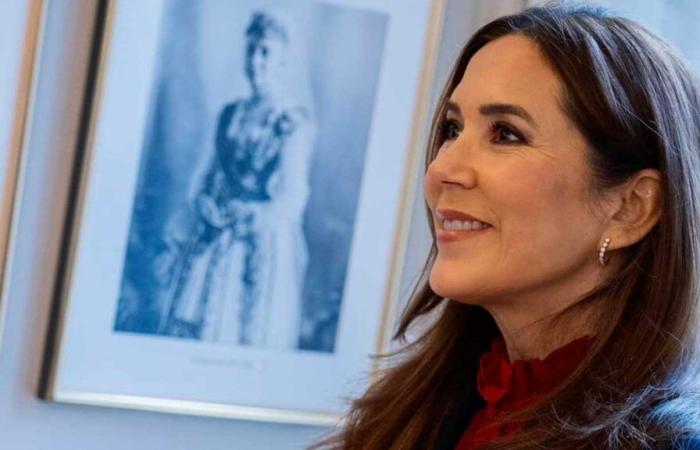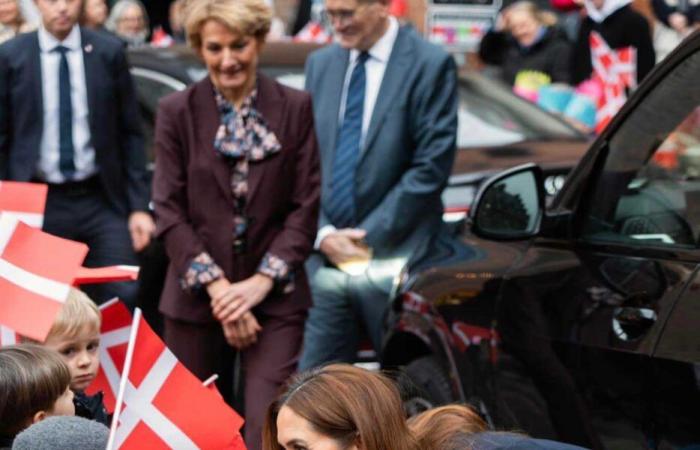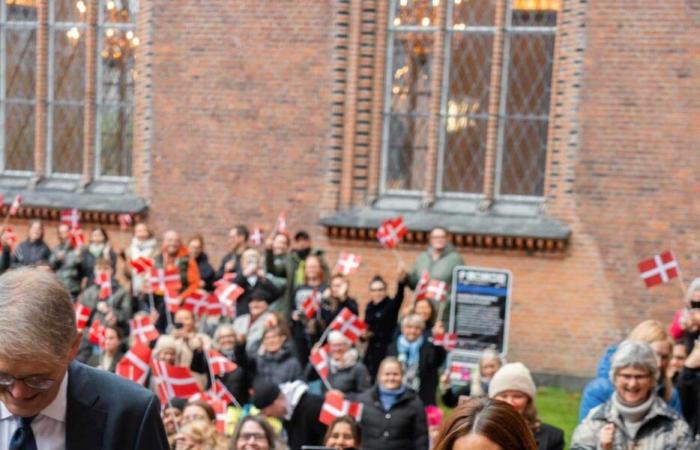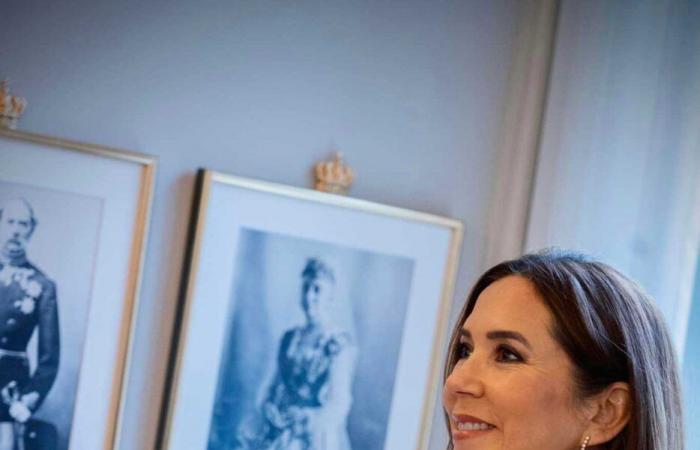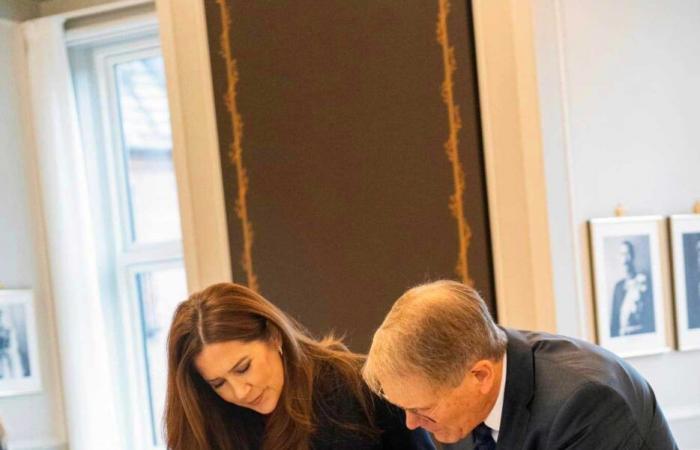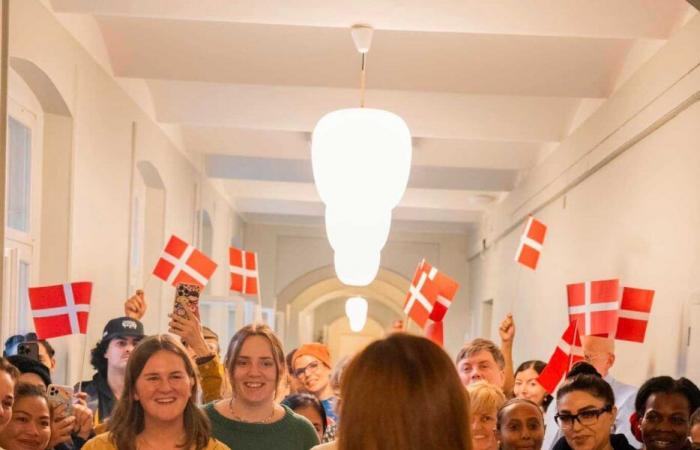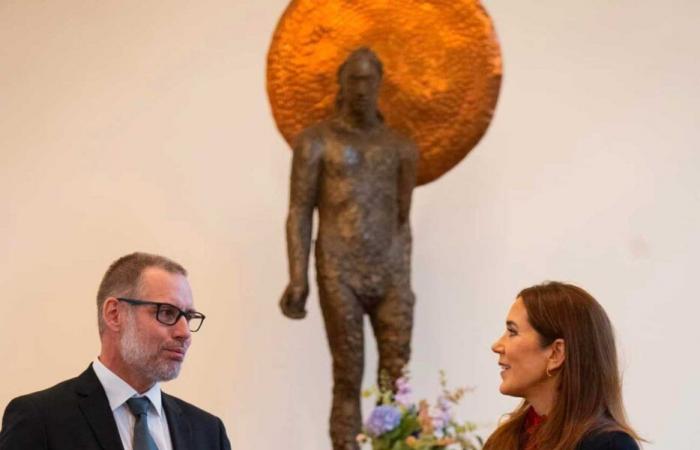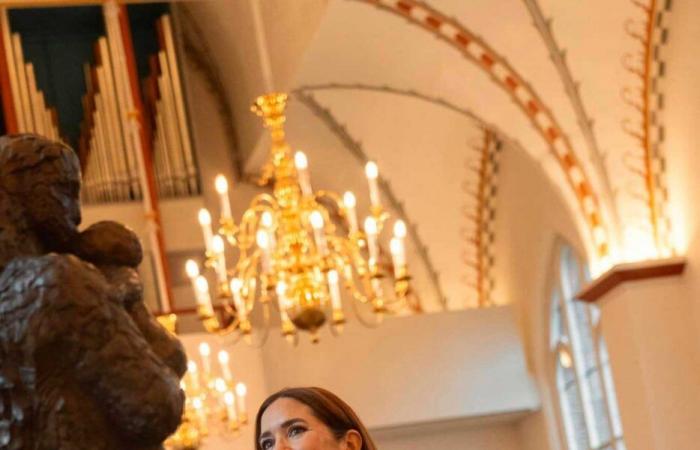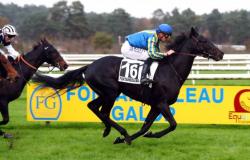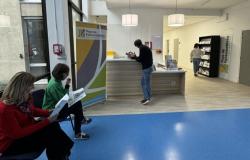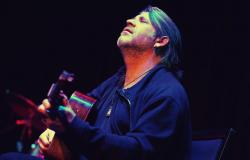Queen Mary of Denmark made her first visit to the Deaconesses Foundation this Monday, November 11. When her husband ascended the Danish throne, Mary became Queen and inherited a patronage given to Danish queens. Queen Mary is the patron of this foundation which provides care to the elderly and sick, and which was created by Queen Louise.
Read also: Queen Mary thanks clowns for providing balance to hospitalized children
Queen Mary visits Deaconess Foundation for the first time
In 1866, Queen Louise of Denmark, née Princess of Hesse-Kassel, established the Deaconesses Foundation, based on a model order observed during her travels to Sweden and Germany. A first building was made available to accommodate this service order. Finally, in 1873, a new building was inaugurated and it is still the main area of the foundation today.
Since Queen Louise, all successive Danish queens have continued to grant their patronage to this institution. In 2014, when Queen Margrethe abdicated in favor of her son, Frederik X, the family's various patronages were redistributed. Queen Mary naturally inherited the patronage of the Deaconess Foundation. This Monday, November 11, Queen Mary made her first visit to hear about the nearly 160 years of history.
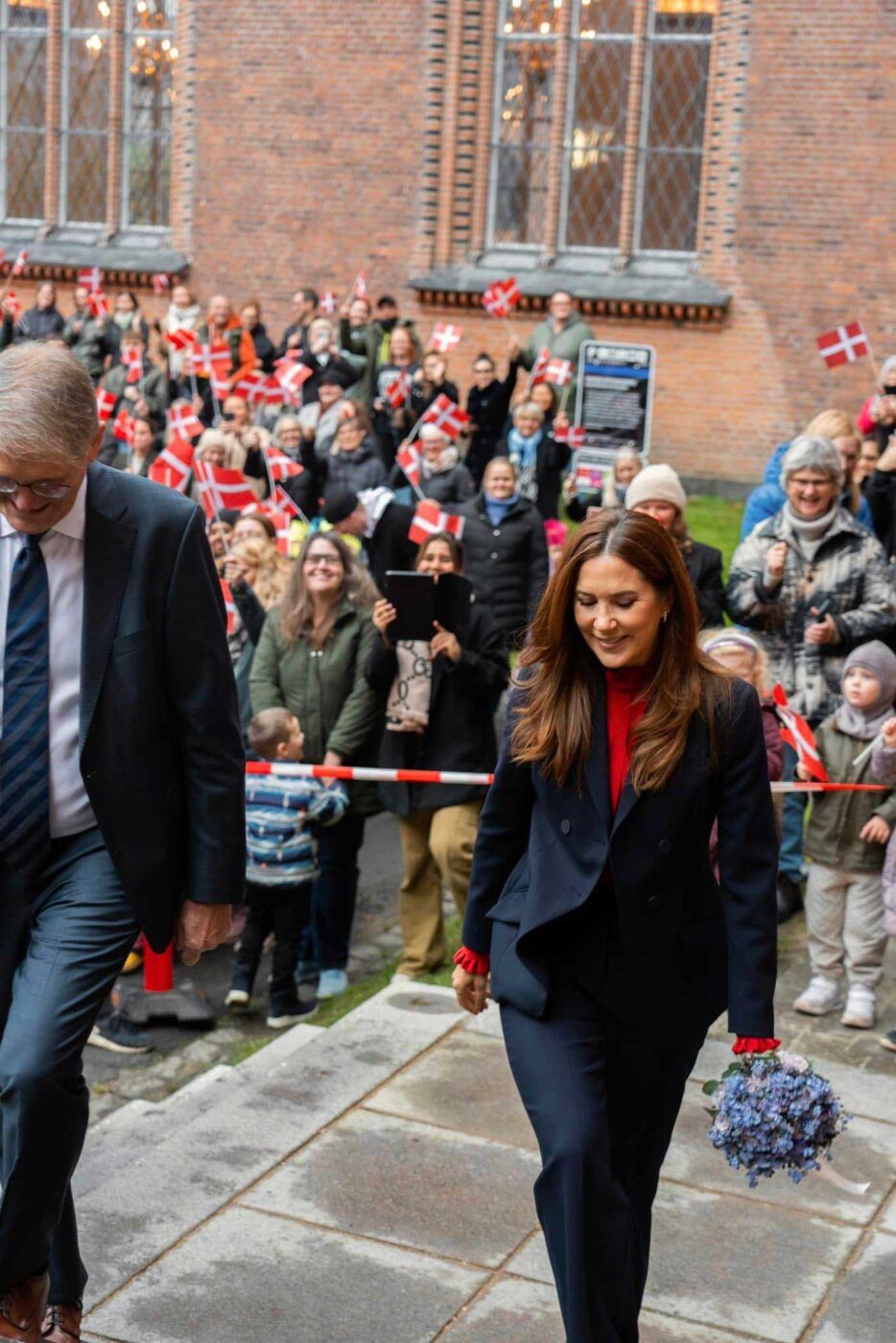
Read also: Queen Mary and her daughter Josephine inseparable while hunting Hubertus after their vacation in Australia
Danish queens have always supported this institution based on Christian charity
In Christian churches, diakonia is the institution which organizes works of charity towards the poor and the sick. The Greek term “diakoni” means “to serve”. Diakonia already existed as early as the 4th century, at the beginning of Christian churches in Egypt. In Protestantism, diakonia also gained importance from the 18th century.
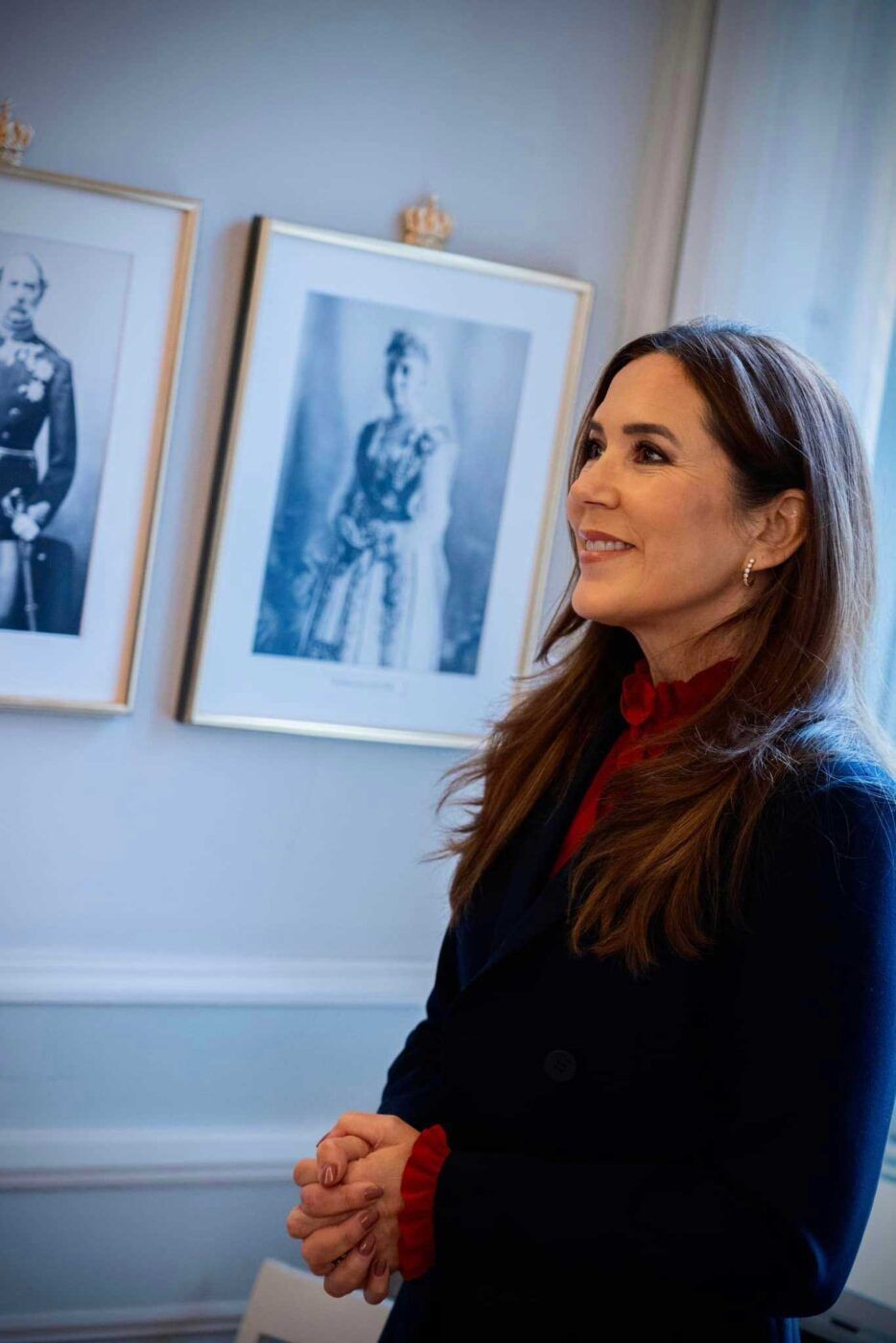
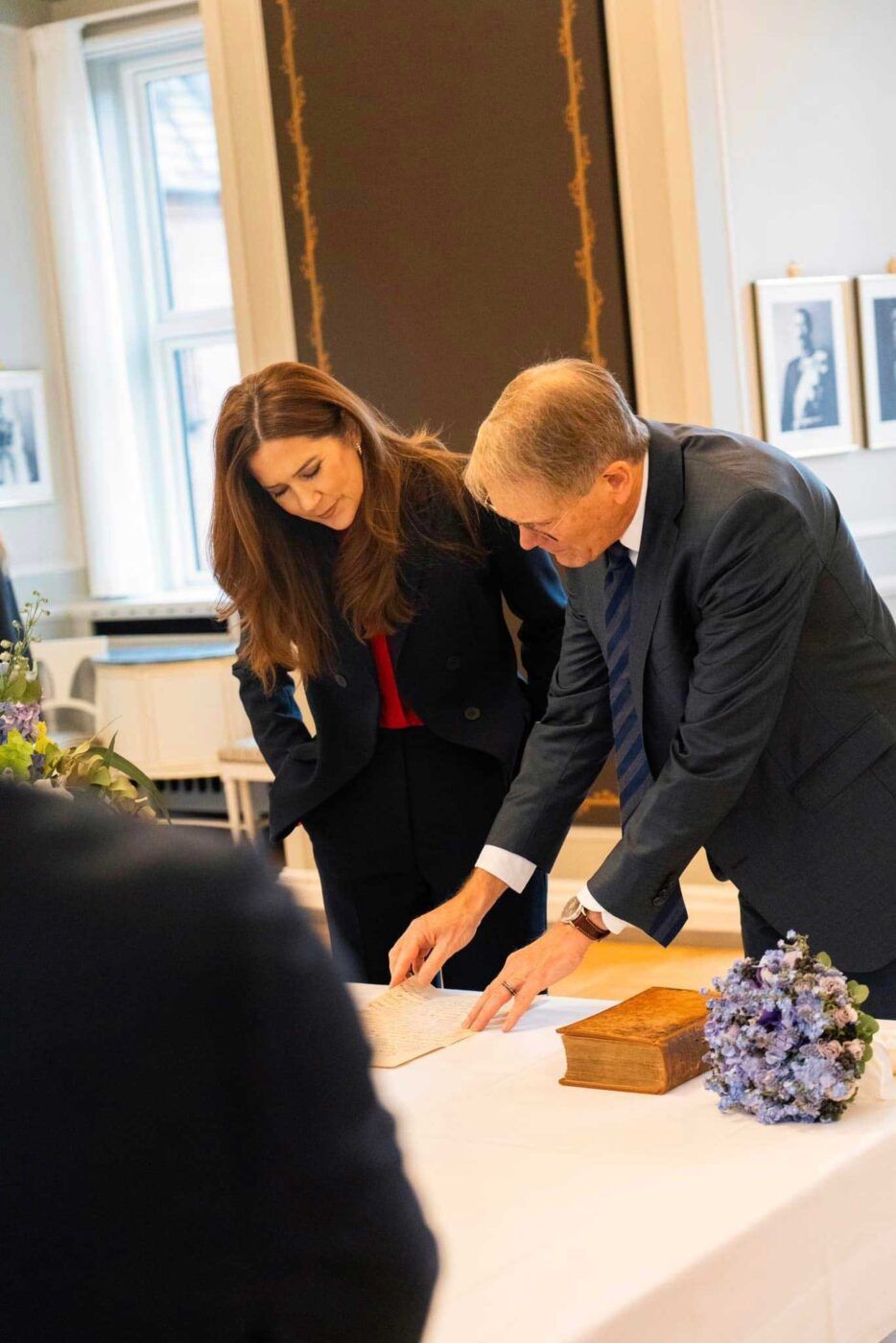
The story of the Deaconesses Foundation is largely that of strong, uncompromising Christian women who, for over a century and a half, dedicated their lives to nursing and caring for the weak in society. Their work also contributed to the development of the Danish healthcare system. During her visit, Queen Mary met Rasmus and Daisy, who live at the residential center for young adults with mental and social problems. She also visited Emmaus Church, which is the foundation church where deaconesses meet several times a day.
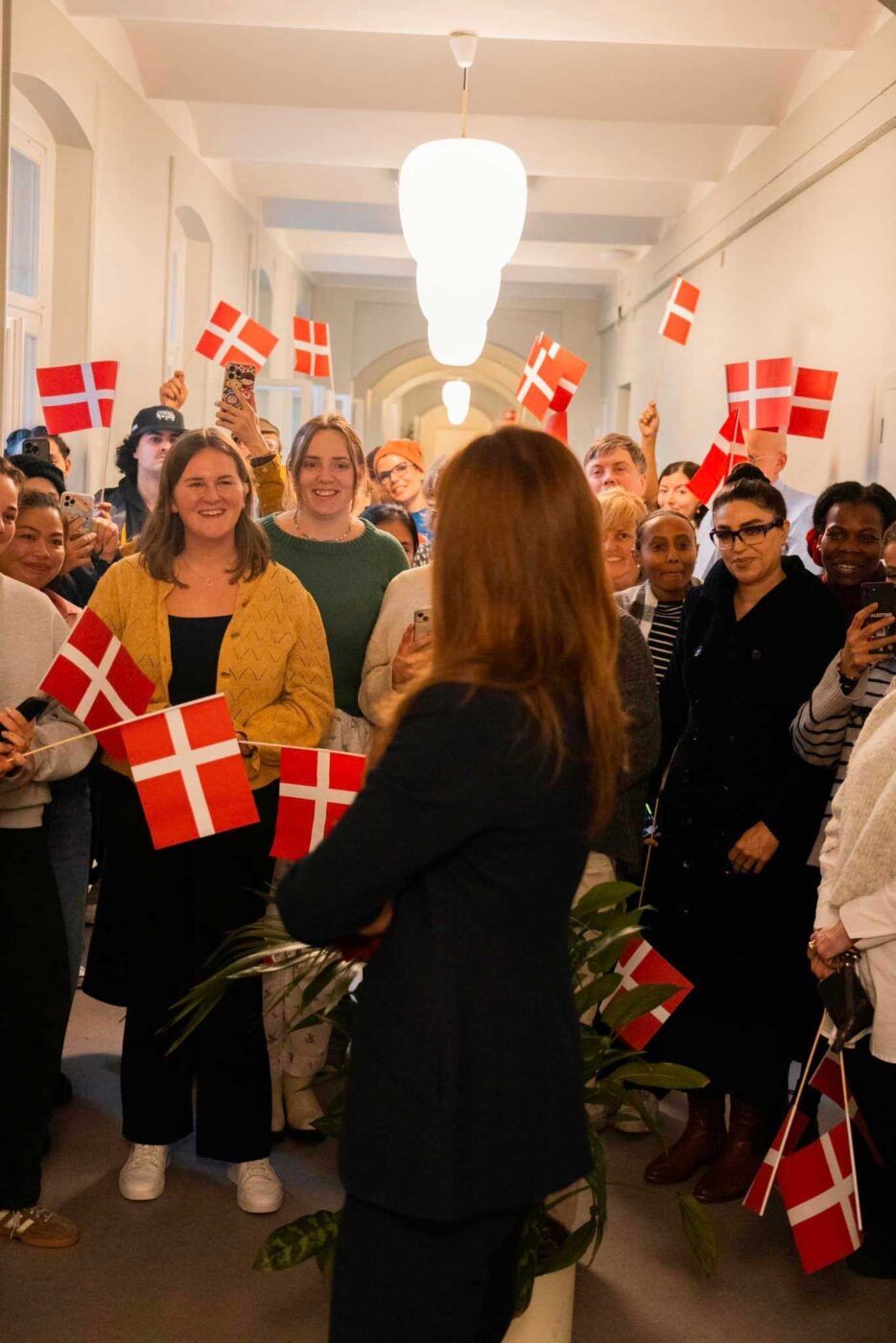
Today, the Deaconesses Foundation has 450 employees and 200 volunteers. The Foundation still has a large community of deacons and deaconesses in order to preserve and develop the tradition of diakonia and to contribute to the renewal of diaconal working methods. The diaconal community is enriched by the social contacts and family life of the deacons, forming a large spiritual, personal and professional network.
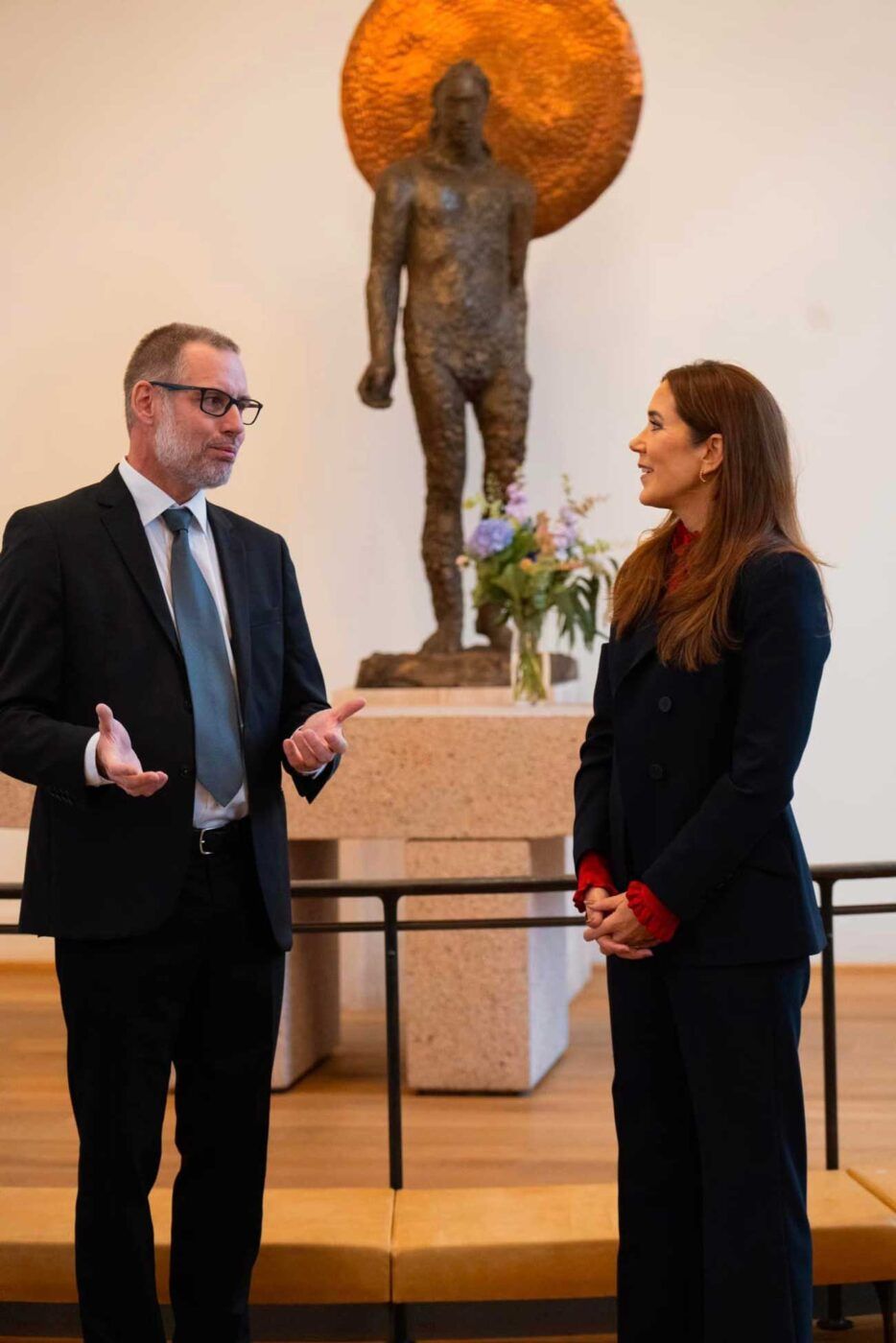
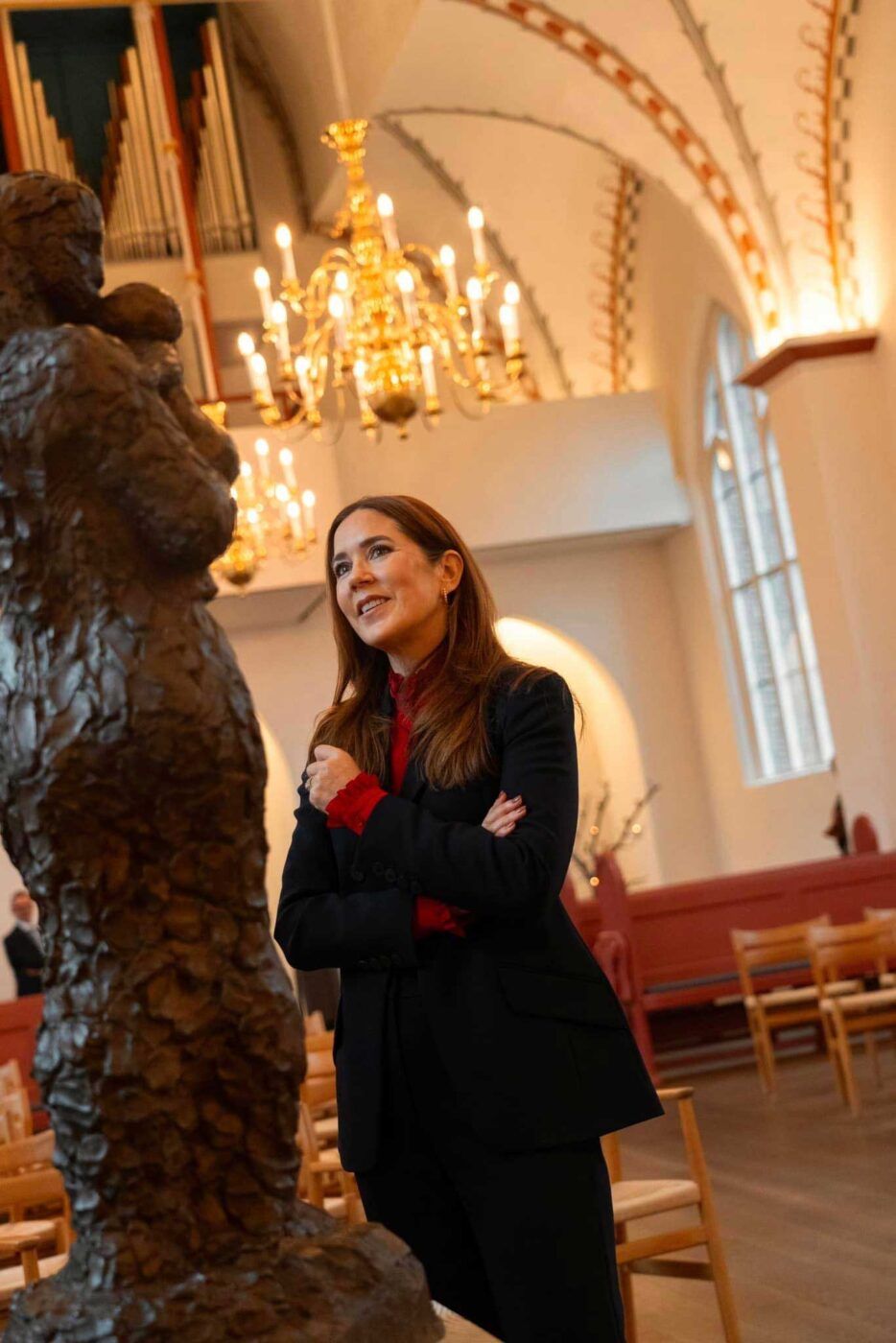
The foundation has several sites and several houses dedicated to different issues. For example, there is the Salem retirement home and the Momentet home for people with mental disorders. The foundation partners with other institutions, making it possible to care for orphans, disabled people, the elderly and even to offer diploma training in nursing.

